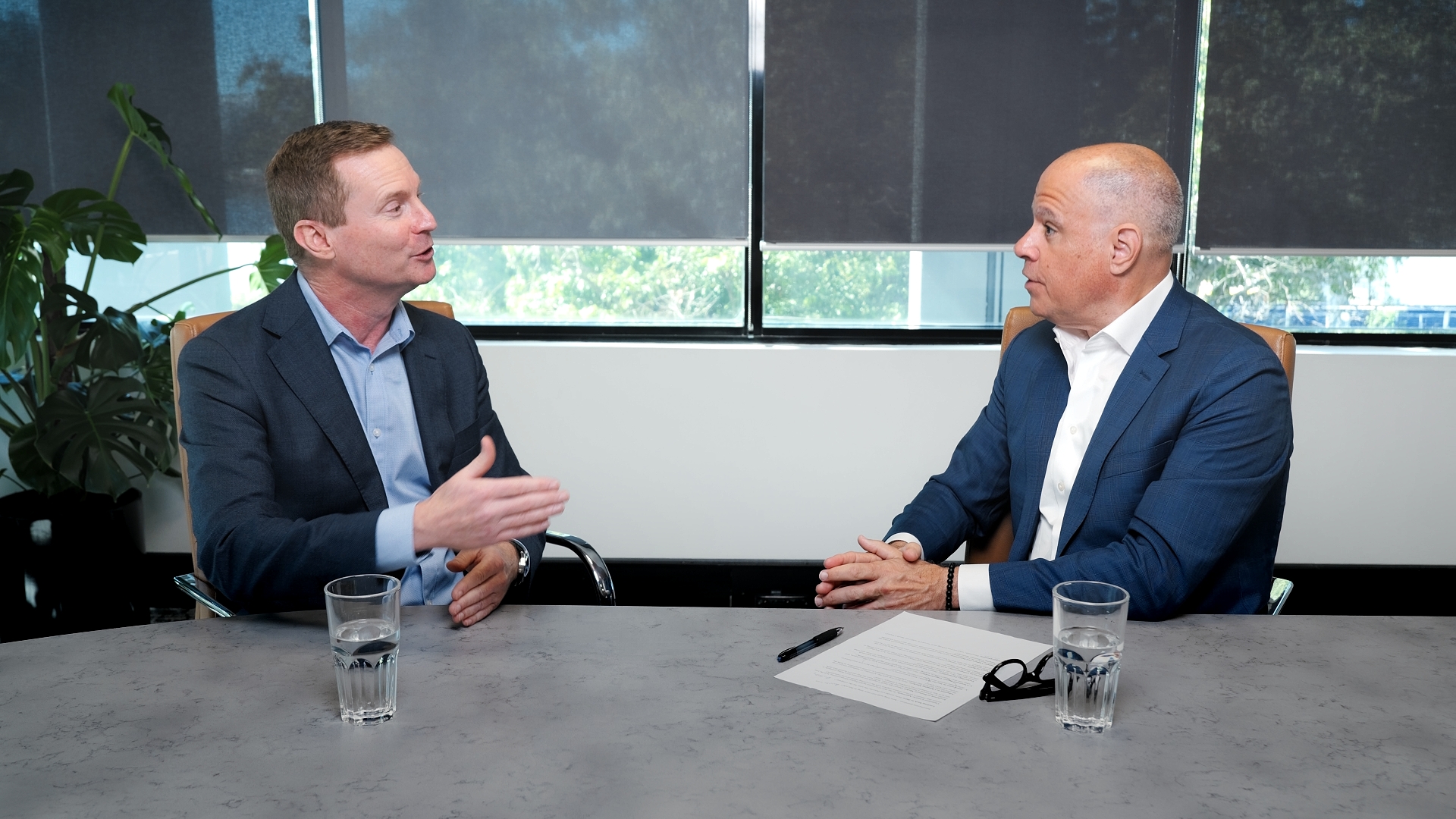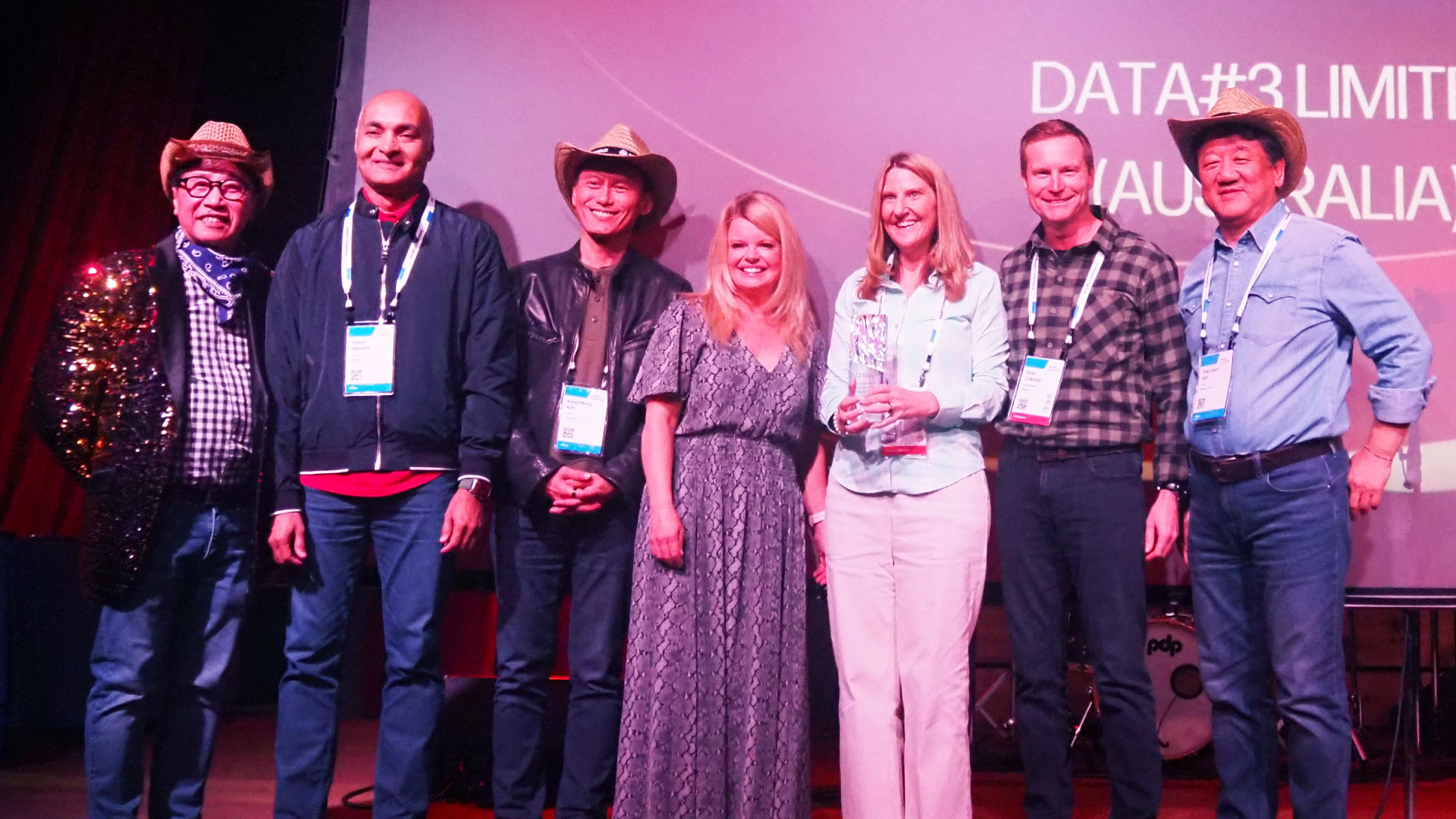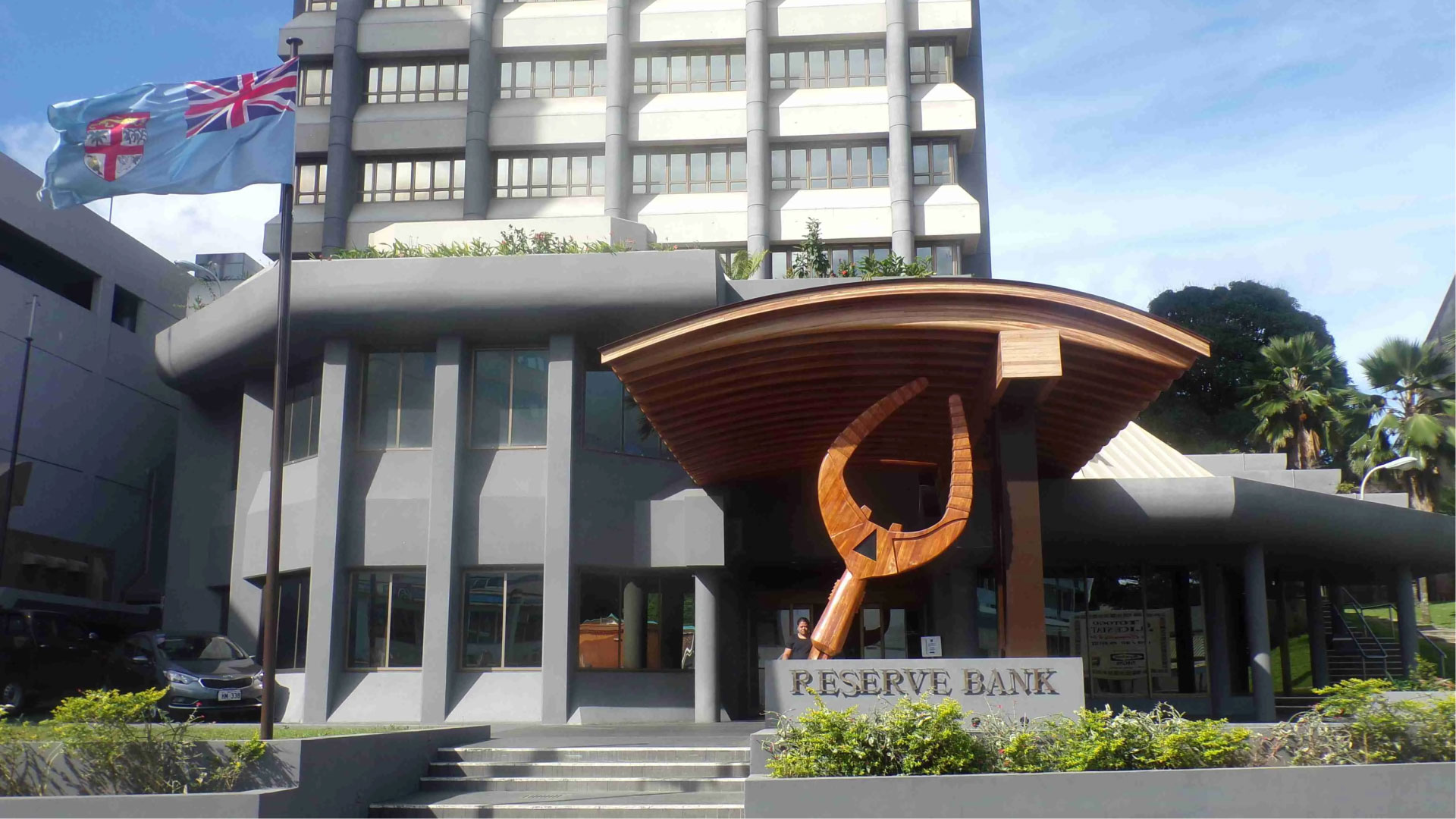A Managed Services customer story
Energy Provider
Learn how a Managed Services partnership with Data#3 breathed new energy into IT outcomes.
Explore our range of Managed Services.
Organisations must balance limited resources with the relentless pace of digital market disruption. Managed IT services provide targeted solutions to drive digital transformation without distractions.
Forward-thinking organisations see managed services as a competitive advantage, not just cost-cutting. Assessing the right application within your digital transformation journey is vital. Opportunities exist to improve service delivery, increase agility, increase efficiency of operations and extend service coverage – all while reducing ICT risk.
Discover how Data#3’s Managed Services gives you access to the expertise required to monitor, manage, and keep your systems running, leaving you free to focus on your customers.

Create a flexible, secure, and high performance network for your business with managed SD-WAN and SASE solutions from Data#3.
ITIL is a key framework and is the structure behind which we operate support for our customers’ environments. ITIL is a set of detailed best practices for IT service management (ITSM) that focuses on aligning IT services with the needs of business.
Leveraging ITIL, Data#3 ensures that risk is effectively managed, the most cost-effective practices are established, and that customers’ cloud managed services and IT environments are effectively created for growth, scale and change.
This framework, which is utilised for all our services, ensures that as a customer you are receiving the best support solution to help deliver your desired business and technology outcomes.
ServiceNow is an industry best practice platform that ensures effective business operation. The platform ensures productivity by consolidating all required processes into this ITSM solution. As part of our investment as a managed services provider, Data#3 has placed significant investment into ServiceNow – this means that customers can gain access to relevant processes, governance and ITIL Framework – simply from one portal hub.
As a customer you can access ServiceNow directly, or if you are using it already, can leverage plugins to connect to the platform to gain all the relevant insights.

We understand the challenges facing our customers and our services are geared to improving productivity, security and the end user experience. From discrete service offerings to a full end-to-end service, we enable our customers to rise to the challenge of their digital transformation.
The desk and DSO teams are doing an outstanding job. I can’t fault them at all. A fantastic sustained performance right across the entire team.
Rodney Oram - General Manager, Energy Queensland

Learn how a Managed Services partnership with Data#3 breathed new energy into IT outcomes.

Learn how Uniting Vic.Tas gained 24/7 performance with a Citrix on Azure Managed Service from Data#3.
Data#3 continuously invests in its highly skilled and accredited national team. We maintain top-tier partner status with leading technology vendors and offer advanced specialisations such as Azure Expert Managed Services Provider (MSP), Cisco Master Specialisations, Dell Technologies Cloud Platform Partner, HPE Cloud and Networking Specialisations and many more.
Contact us to discuss how you could harness our skilled team and the latest advances in automation, AI and analytics to deliver operational excellence in your organisation.

Stanmore Resources thrives with flexible, scalable managed services Download Customer Story...

Organisations today are collecting more data than ever before. Yet despite this abundance, many still...

Technology is advancing at an unprecedented pace, fundamentally transforming the way we work. Leading...

Data#3 CEO, Brad Colledge, featured in a podcast by the Global IT Alliance (GITA), in which he discussed...

June 24, 2025; Perth, Australia: Data#3, a leading Australian technology services and solutions provider,...

Data#3 security expertise lays foundation for Microsoft 365 Copilot transformation Data#3 is a leading...

Australian Charities and Not-for-Profit Commission improves charity registration process Download...

March 28, 2025; Brisbane, Australia: Leading Australian technology services and solutions provider,...

Penrith City Council gets AI-ready with Data#3’s Copilot Readiness Assessment Download Customer Story...

Your IT infrastructure is the backbone of your business—but are you truly getting the most out of it?...

John Paul College's journey to digital excellence John Paul College, a school in South East Queensland,...

Glencore Technology gains greater insight from Microsoft Power Platform Download Customer Story Objective...

There’s a growing consensus that legacy security and network architectures are ill-equipped to keep up...

July 11, 2024; Brisbane, Australia: Leading Australian technology services and solutions provider,...

June 27, 2024; Brisbane, Australia: Leading Australian technology services and solutions provider,...

Morgans empowers a future-ready workforce with IT managed services from Data#3 Download Customer Story...

At Data#3, our core purpose is to enable customer success through a company-wide strategic approach to...

We expect a lot from our networks – they must support hybrid work and cloud-centric models, stay on top...

Reserve Bank of Fiji invests in security solution for the future Download Customer Story Objective The...

Royal Flying Doctor Service digital initiative helps lift service efficiency using Microsoft Azure...


Speak to one of our Managed Services experts.
Information provided within this form will be handled in accordance with our privacy statement.
